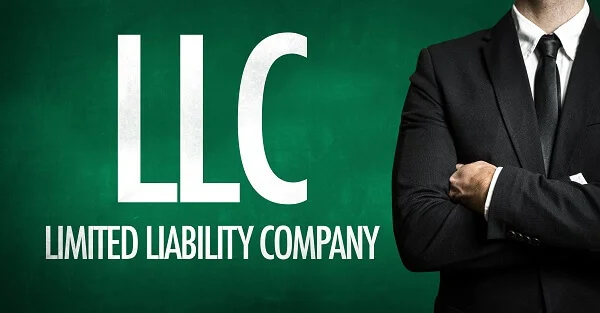Attorney Helps Families Get Tax Deduction for Charitable Giving
Giving to charity is a wonderful way to help others as well as a wonderful way to feel great about how you are spending your extra funds. But it’s also important to note that giving assets to charitable organizations often results in significant tax deductions. Smart, sophisticated giving can not only help others, it can also help you manage your wealth.
While there are many strategies to sophisticated giving, the best place to start is simply by making certain that the donations you are making are tax deductible and then making certain that your donations are deducted on your taxes.
Determine That Your Organization is Eligible For Tax-Deductible Donations
Most nonprofit organizations can receive tax-deductible donations from individuals. However, the best way to determine if the cause you are giving to will result in a tax deduction is to visit the IRS’ Exempt Organizations Select Check website and using the search function. This search function will also tell you if the organization in question has had their exempt status revoked for some reason.
Note that some organizations that are eligible for tax-deductible donations are not listed in this database. This may include religious organizations (such as churches, temples, and mosques) as well as organizations that do business under a different name than the one they file taxes under.
In addition, note that donations to private individuals are not tax-deductible. This includes money you might give privately to someone in need or money you donate to many online fundraisers for individuals who need financial help. This doesn’t mean you shouldn’t make these donations, but keep in mind that you can’t deduct what you give in these circumstances.
Keep Organized Records of Your Donations
Often, a person will make charitable donations and then never list the donations on their taxes. Why? Simply because they did not ask for a receipt or they did not put the receipt in a safe place.
Whenever you make a donation of any size, make absolutely certain to get a receipt. This receipt should include the amount donated, the name of the organization, and the date. While you do not need to submit these receipts with your taxes, you should keep them on file in case of an audit and simply for organizational purposes. Consider making digital scans of your receipts to cut down on clutter and paper waste.
In some cases, you may make a charitable donation through your employer that is taken directly out of your paycheck. In these cases, make sure that hold on to your pay stubs or W-2 so that you have proof of your donations.
Optimize Your Charitable Giving: For Yourself & For Others
At CKB VIENNA, we have helped hundreds of individuals and families give smarter, from optimizing how much they give and how much they save on taxes, to creating sophisticated, meaningful donation plans for those who want to give after they are gone.
To learn more about how you can give smart, please contact us today to schedule a consultation with one of our knowledgeable, experienced California attorney.





















